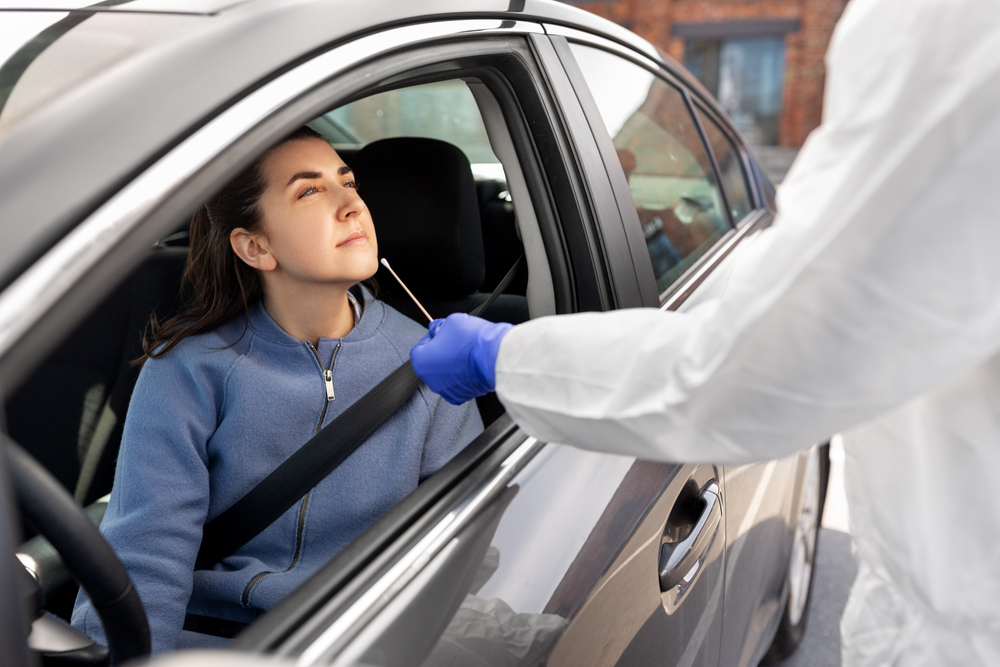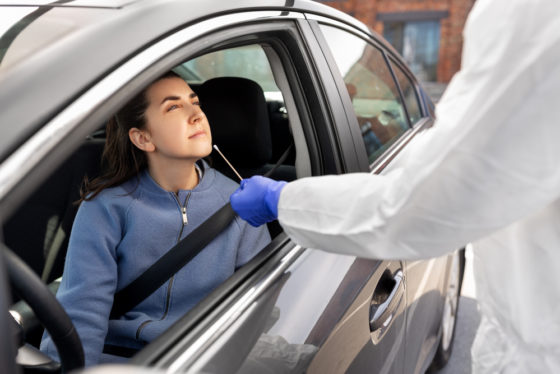A coronavirus risk? Compulsory quarantine comes in next week


People identified as possible coronavirus carriers during track and trace investigations and those returning from risky countries abroad will now face compulsory quarantine until they have been tested, health minister Hugo de Jonge has announced.
In particular, the requirement is to be brought in for people identified as having been in close contact with a coronavirus patient, following mounting refusals to follow the voluntary guidelines.
‘Over the past few weeks we have been hearing that people are not cooperating with the contract tracing programme,’ De Jonge said in a briefing to MPs, ahead of Wednesday’s debate. ‘But [contact tracing] is our way of strengthening the dyke, to prevent a second wave.’
The measure will be phased in, in full discussion with local health boards and safety regions and will start in the second half of next week. ‘This is what we asked for and we support it,’ Hubert Bruls, chairman of the safety board council, told broadcaster NOS.
The legal basis for compulsory quarantine is already enshrined in public health legislation and parliament will not have to give the go ahead for the move.
Ministers are also looking at how to compel people who test positive for coronavirus to take part in the contact tracing research, De Jonge said.
People who have spent time in countries labeled as risky by the foreign affairs ministry will also face compulsory quarantine on their return. Again, the details of how this is to be monitored still have to be finalised.
Morocco
Meanwhile, people who have spent time in Morocco are to be refused entry to the Netherlands for all but essential journeys, justice minister Ferd Grapperhaus has announced.
The measure has been taken following a surge in coroanvirus cases in Morocco and will come into effect on August 13.
The ban on travel from Morocco had been lifted on July 1.
Thank you for donating to DutchNews.nl.
We could not provide the Dutch News service, and keep it free of charge, without the generous support of our readers. Your donations allow us to report on issues you tell us matter, and provide you with a summary of the most important Dutch news each day.
Make a donation